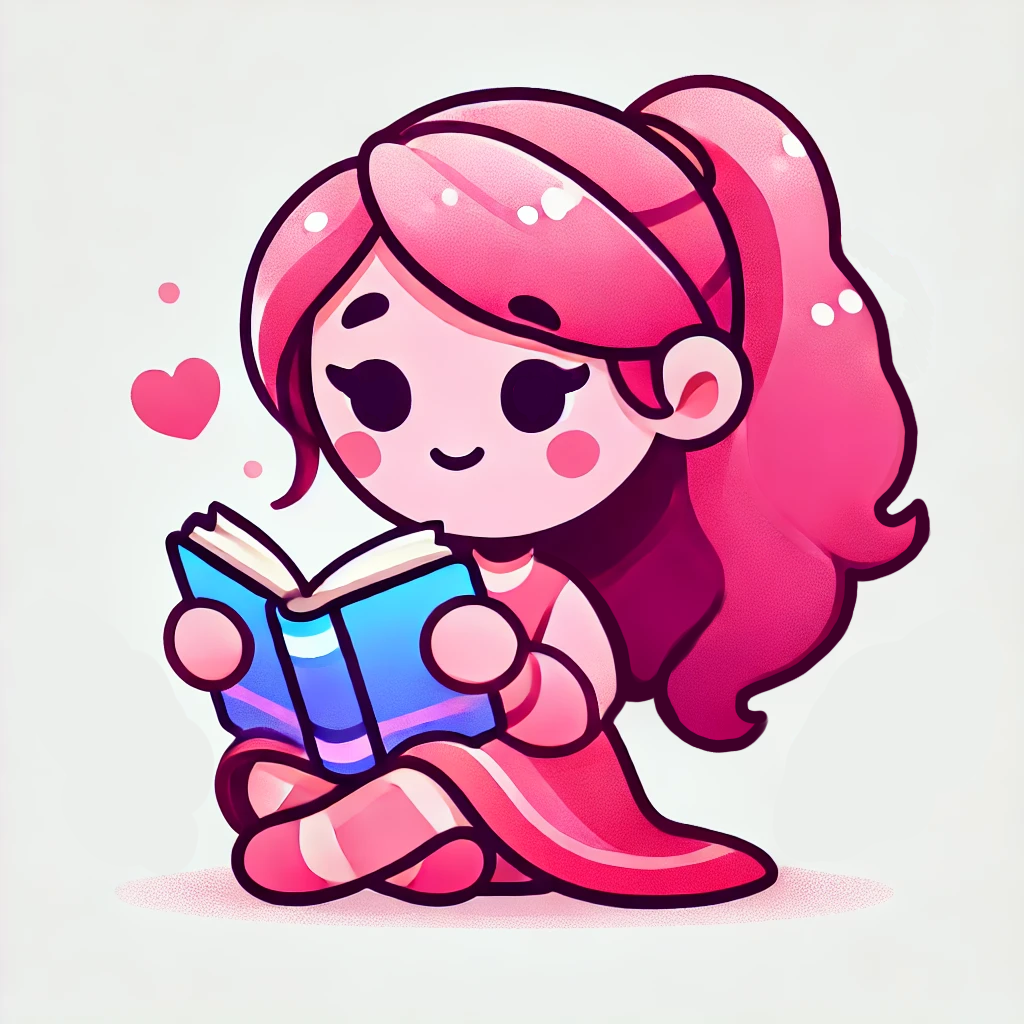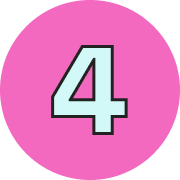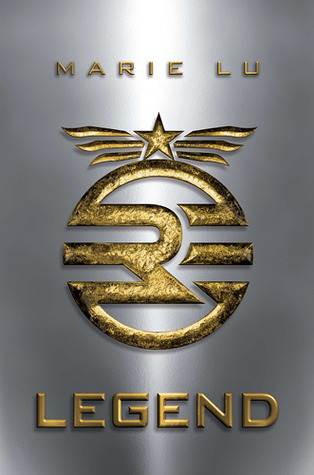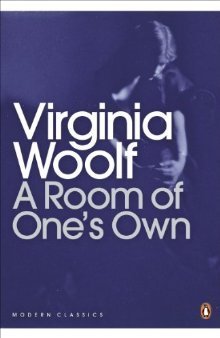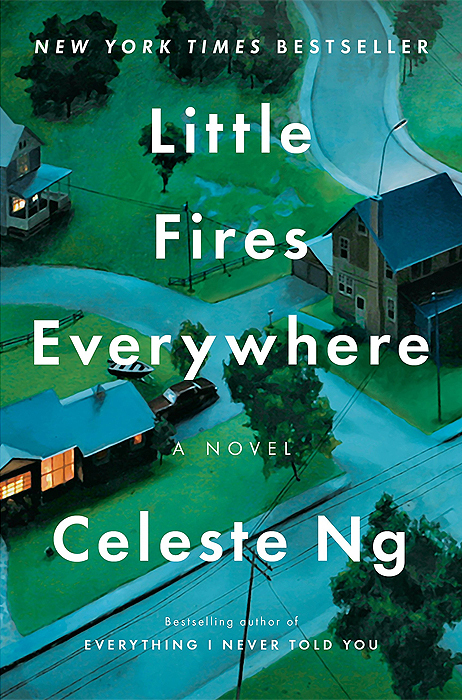Najlaa finished reading and wrote a review...
"Adults follow paths. Children explore. Adults are content to walk the same way, hundreds of times, or thousands; perhaps it never occurs to adults to step off the paths, to creep beneath rhododendrons, to find the spaces between fences."
A man returns to his childhood house, a murder, a child, and an ocean—on paper, it sounds like everything I’d love. But somehow, I felt disconnected from the very first page and never quite found my way back in.
Maybe it’s the weight of high expectations of this being my first Neil Gaiman book—or maybe it’s just fatigue from being deep into my 50-something read of the year~~ either way, I was strangely indifferent.
I can see how this story could work well on screen not much on pages..
Najlaa finished reading and wrote a review...
Blurs the line between reality and a nightmare. It starts with an innocent visit to the library and quickly spirals into something dark and absurd. Not as developed as I would have liked but expected from Japanese literature. Enjoyed some parts.. how his mother told him to visit the library whenever he had a question and perhaps it's all a metaphor of how knowledge has the power to destroy you.. wanting to go home to safety. I'm a believer, with age, that ignorance is a bliss and this is a good representation of it.
Najlaa finished reading and wrote a review...
I had high expectation that killed it. The book itself is well-written and characters are well-developed. i just sort of imagined that it would be on two remarkable witty characters and it is simply not.
Najlaa completed their yearly reading goal of 50 books!
Najlaa's 2025 Reading Challenge







Najlaa finished reading and wrote a review...
well-developed characters? It's my first Anna Patchett book. All the elements I should relate to is there.. a sibling-hood.. terrible dad yet I'm not moved.
/Read in one setting in bed on Friday with a cold/
Najlaa finished reading and wrote a review...
Camus creates a protagonist so indifferent to everything that I often was as indifferent towards him and found myself forgetting his name(I was never good with French). I could see what Camus was trying to do creating contrast in other characters in part 1 but was growing bored and I found myself drifting often.
My thoughts kept drifting to Osamu Dazai —how both authors channel versions of themselves into protagonists who are or appear terrible people due to their self-loathing? But where Dazai’s characters seem to wish for understanding (and made lots of effort to be likable to friends and family), Camus gives us someone who doesn’t care whether we understand him or not. Dazai’s emotional detachment is almost performative; Camus’s is absolute. That contrast became the most compelling theme for me: two men exploring despair, one hoping for witnesses, the other rejecting even the concept of audience.
The second part of the novel—with what's his name on trial (I'm sorry I'm too tired to google)—was for me brilliant. Surrounded by others desperate to project meaning and social norms on him, He remains true to himself. Or was the setting kinda of a cliche? I don't know... enjoyed it but did not enjoy jumping between two different translations till I settled for one.
Najlaa finished reading and wrote a review...
Schoolgirl… how do I feel about it? I certainly annotated a large portion of it. I am a fan of Dazai’s work. No Longer Human left a lasting impression, while The Flowers of Buffoonery had a strange tone only Dazai can pull off. Schoolgirl falls somewhere in between—less devastating than No Longer Human, but also not quite as a commentary on society as the other.
There’s something undeniably beautiful about this stream-of-consciousness narration regardless of her age it was easy to find moments to relate to... I found myself highlighting line after line—not quotable per say but for his poetic-ness of describing certain feelings.
The last few pages, which focus on her relationship with her mother and the quiet ache of adolescence, didn’t fully resonate with me. I can appreciate what Dazai was trying to do—closing the story on a tender, introspective note—but perhaps I’m too far removed from that stage of life to feel its intended impact.
And that final line—about being Cinderella in Tokyo—felt off to me in comparison of the first one. For a poetic man, either the translation was a miss or he missed a beat at the end.
Am I giving it 4 stars even though I wont remember how it made me feel or what happened(nothing actually happens)? Yes. Am I also likely to flip though the parts I highlighted also yes. It's a beautiful book. I enjoyed it.. Pick it up..
Najlaa finished reading and wrote a review...
The Kite Runner had already ruined me for days—even though I went into it prepared. It dragged me into a long reading slump, and somehow, this book did the same just in an odd way. With The Kite Runner.. I just wanted to rip the band aid quick. This? I read the first 200 pages in Arabic—a beautiful translation, really—and still, I had to put it down. Another reading slump till I picked it up again yesterday in English and sped through it.
If I could sum it up in one word: Qahar. Beyond the wars and the loss, all I could think of is that in the midst of of it all, there is no war like the one with the monster living in your house. The last straw was how manipulative and calculating he was all the way back when he faked the news about Tariq.
And maybe that’s what angered me the most: that this isn’t just historical fiction..... It’s still happening. Men hiding behind Qwama, twisting it for their own benefits into something far from what Islam made it for...
All the Mariams in the world.. i hope you find your peace
Najlaa finished reading and wrote a review...
"Was it possible to carry on along through all the years, the decades, through an entire life, without once being brave enough to go against what was there and face yourself in the Mirror?"
This was my third book by Keegan, and once again, she didn’t miss. Foster is still my favorite but Small Things Like These comes so close. Keegan has this incredible talent making you care deeply for a character in as little as 30 pages. Another book where she says so much by not saying much at atll. There’s such restraint in her writing that hits hard. The atmosphere is cold, heavy with silence and secrets, and yet there’s this flicker of hope running through it.
/Spoiler Alert/ How she ends it with "The Worse is yet to come" in general even the ending of Foster was beautiful in the sense that she leaves you incredibly heavy with emotion by the part she ends at.
Najlaa finished reading and wrote a review...
I’ll give this book the credit of actually liking it—from the start. Lately, I’ve been speeding through my TBR and pushing myself to finish books I didn’t even enjoy. I got into it quickly, maybe because I find myself naturally gravitate toward dark, eerie stories about women unraveling (The Bell Jar, Girl, Interrupted). The Virgin Suicides had been sitting on my list for a while and was defintitly my cup of tea.
I couldn’t get my hands on a print copy, so I ended up listening to the audiobook. The beginning pulled me in right away—it had that haunting, dreamlike feel I enjoy. But somewhere in the middle, I found myself zoning out. The ending was... fine. I could say I was slightly content with how it all wrapped up.
What really got under my skin was the narration. The story is told from the perspective of neighborhood boys looking back on the Lisbon sisters’ lives and deaths. Hearing about the girls only through the boys’ memories was both refreshing and unnerving. We never actually know the girls; we only know how they were seen. That voyeuristic lens made me uncomfortable. The sisters felt less like real people and more like untouchable myths~ tragic & unrelatable.
Final verdict... hours spent on it not lost
Najlaa finished reading and wrote a review...
View spoiler
Najlaa finished reading and wrote a review...
I wasn’t familiar with Shirley Jackson beyond watching (and loving) The Haunting of Hill House, but this title had been on my radar. I picked it up spontaneously one Friday afternoon as a palate cleanser—and read it in one sitting. Dark, eerie, and atmospheric in that slow-creep way that reminds me why I love horror, thrillers, and books that promise a plot twist. But… where was the plot twist? Still, it left me unsettled in the best way. The ending lingers—quietly tragic, almost tender, and so very strange. Just found out there’s a movie adaptation and I LOVE the cast, so I’ll be watching that tonight.
Najlaa finished reading and wrote a review...
I can see myself rereading it again in 5-10 years. I’ll appreciate it more once I read all the authors Woolf references and sit with her ideas a bit longer. But even without reading the work of everyone she referenced, I still felt her. It’s not a long read, but it’s dense with meaning—part essay, part lecture, part her stream of thought. I wish I read it in print. It would have allowed me to soak it more. Some passages really hit, others I want to return to with a better understanding. Definitely one to revisit. Possibly the first read of this year that I felt this way about. See in few years
Najlaa finished reading and wrote a review...
I remember reading Animal Farm at university and finding it both unnerving and brilliant—it immediately made me want to read 1984. Somehow, over the past ten years, I picked it up twice and stopped just a few chapters in. This year, I’m committed to finally reading everything I’ve been meaning to, so I gave it another go. Even early on, though, I could tell I wasn’t fully engaged. I’ve read a lot of dystopian fiction—propably inspired by 1984—and it now takes a certain kind of narrative to really hold my attention.
For me, 1984 might have worked better as a short story or a series of essays (though from literature graduate point of view, I would argue that the slow, oppressive pacing is intentional if only to mirror the autmoted lives of people in 1984) The characters lacked emotional depth, and for a book that strips people of their humanity in order to exert control, the glimpses of humanity we are given—mainly through love and songs—feel underdeveloped and unconvincing(intentional again? maybe the characters are more symbolic than anything but still)
While I appreciate its historical significance and the concepts Orwell introduced, the execution left me feeling so very detached. I’m glad I finally finished it, but I feel older and not for the impact it had on me but for stealing my time.
Najlaa started reading...

1984
George Orwell
Najlaa finished reading and wrote a review...
This is one of those books where I saw everywhere for so long that I figured 2025 is the year. The opening was promising: a fire, a town steeped in order, the kind of structured setting that immediately pulled me in.. I liked the idea of Shaker Heights, a place where everything had its place, its rules. I would in theory love to live in such place.
But as I kept reading, my interest faded. Maybe it was because I had just finished The Kite Runner, a book so deep it scarred me for days, but Little Fires Everywhere felt... underwhelming. I had expected something sharp, something with an edge—perhaps a Sharp Objects-style unraveling of dark secrets. Instead, I got what felt like “white people problems.” I dare say I enjoyed The House Maid more and it didn't have much subsense either.
I'm not sure why I'm disappointed. I suppose I really wanted to like it. I would give the tv adaptation a go though. It does feel like it would make a better show than a book
Najlaa finished reading and wrote a review...
View spoiler
Post from the The Kite Runner forum
